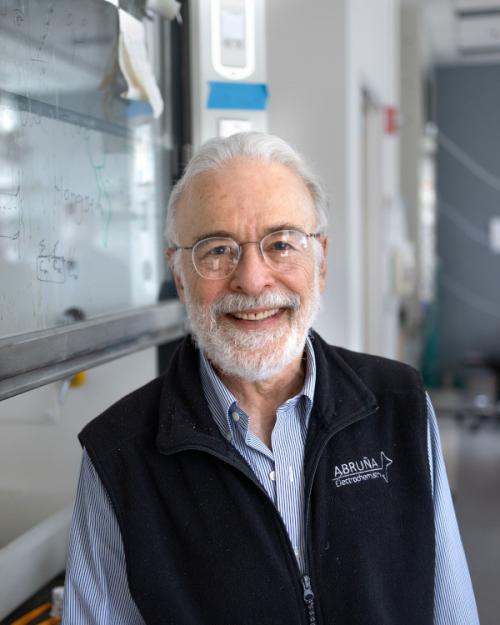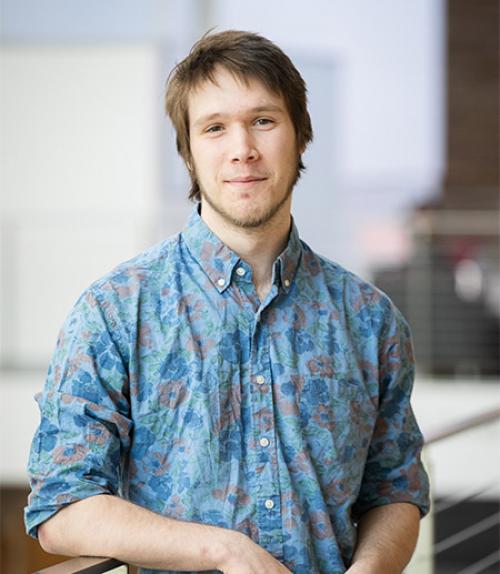Troy Sherman
History of Art & Comparative Literature
Harwich, MA
What is your main extracurricular activity--why is it important to you?
Fanclub Collective is a group that books D.I.Y. concerts and art events here at Cornell, and I've been heavily involved in it since my sophomore year. Ithaca and its environs are home to one of the northeast's most vibrant underground music scenes, with dozens of hole-in-the-wall venues and committed musicians and bookers dotting the area and keeping it lively. Becoming a part of this remarkable community of people has been one of the most invigorating and educational things I've done since I came to Cornell. Fanclub Collective, Ithaca's music scene at large, and all of the brilliant people involved in both, have taught me what it means to create and foster safe, alternative, radical spaces of mutual appreciation and respect, something that goes beyond grimy basement concerts and might be one of the most important things I've learned at Cornell.
What accomplishments/activities are you most proud of while at Cornell?
I've had my sights set on academia since my sophomore year, so sometimes it seems like my whole Cornell career has been leading up to my honors thesis in the History of Art Department under Associate Professor Maria Fernandez. I am writing about the 19th-century "chronophotographer" Eadweard Muybridge, whose photographs of a horse in motion were encoded into a population of E. coli bacteria this past summer. Since I started back in August, the project has been a really great opportunity to focus my intellectual energy in one place and incorporate a bunch of the disparate theoretical and historiographical methods with which I've come out of the comparative literature and history of art departments.
How did any of your beliefs or interests change during your time at Cornell?
Since coming to Cornell, I've become increasingly more aware of how much I have to learn about the social issues and inequalities that surround us in the everyday, as well as what my obligation and accountability is in working against them as a white man. My learning has taken place in two complementary and invaluable spaces: the classroom and Cornell's cooperative living houses. In the former, some of the brightest and most caring professors in the world have given me the theoretical tools and lexicon I need to begin to leverage institutional critiques against capitalism, racism, sexism, homophobia, transphobia, ableism... unfortunately, the list goes on. But my passion for these issues — as well as the most valuable learning I've done with respect to them — has been a direct result of the thoughtful encounters and challenging conversations I've had with my endlessly brilliant, ever-engaged, and thankfully unceasing peers, housemates, and close friends in Cornell's cooperative living spaces.




